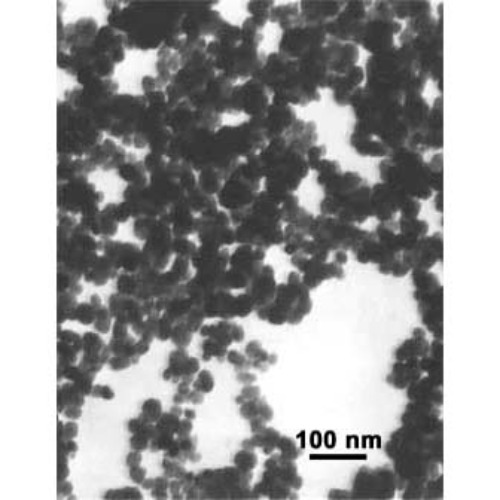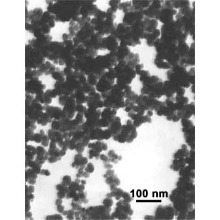Fe2O3 Nanopowder Purity: 99% Fe2O3 Nanopowder Appearance: Red brown nanopowder
Fe2O3 Nanopowder APS: 20-40 nm Fe2O3 Nanopowder SSA: 40-60 m2/g
Fe2O3 Nanopowder Morphology: spherical
3315DX Iron Oxide Nanoparticles/ Nanopowder MSDS for Download
Health and Safety
Hazard Statements | N/A |
Transport Information | N/A |
Suggest equipment | Eyeshields, Gloves, type N95 (US), type P1 (EN143) respirator filter |
Iron Oxide ( Fe2O3 )Nanopowder/ Nanoparticles General Description
When discussing iron oxide nanopowders, it’s important to note the distinction between two similar but different materials: Fe2O3 and Fe3O4. Both are
regularly referred to as iron oxide, but each possesses unique properties and applications, though there’s also significant overlap in their traits, industrial usage, etc.
Fe2O3 nanopowders are red or reddish-brown and composed of particles between 20 and 40nm, available in alpha and gamma variations.
Fe3O4 nanopowders are black and composed of particles of between 10 and 30nm, also available in superparamagnetic variants.Applications are many
and varied, with more being discovered each year. To find out more about iron oxide nanopowder ( fe2o3, fe3o4 nanopowder ) orders, handling, and usage.
Iron Oxide ( Fe2O3 )Nanopowder/ Nanoparticles Applications
- • Ferrofluids: Like many ferrous nanomaterials, the various forms of iron oxide nanopowder are of particular use in the production of ferrofluids
and magnetically active fluids for a variety of applications.
- • Coatings: The unique blend of traits inherent to the different iron oxide nanopowders make them ideal as ingredients in certain coatings,
such as magnetic coatings and coatings designed to absorb EM-waves.
- • Magnetic recording: Like many magnetically active nanomaterials, iron oxide nanopowders have been extensively researched and applied in
data storage, particularly high-density magnetic recording.
- • Magnetic detection: The nature of iron oxides make them ideal nanoparticles for the manufacture of magnetic detection devices, particularly
those dealing in subtler detection than typical materials could easily manage.
- • Microwaves: Various high-tech microwave devices utilize iron oxide nanopowders in their construction and operation.
- • Various magneto-optical applications: In addition to the applications already mentioned, iron oxide nanoparticles play crucial rules in dozens
of other magnetic devices and applications, such as magnetically controlled drug delivery, medical imaging, cell separation, and refrigeration.
- • Purification: Iron oxide nanoparticles have a variety of purification-related applications, particularly in biological and waste water contexts.










